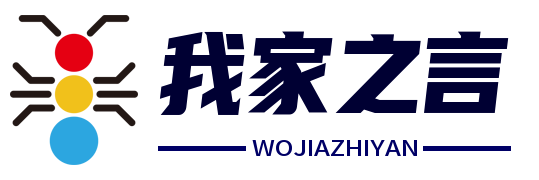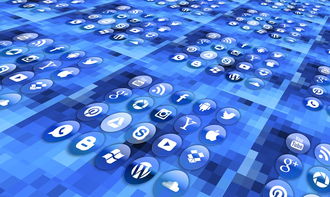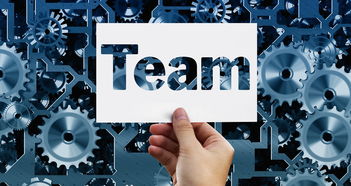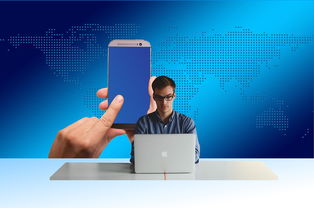
In today's rapidly evolving world, technology has become an integral part of our daily lives. From the moment we wake up to the time we go to sleep, technology influences and shapes our experiences. This article aims to provide a comprehensive overview of how technology has transformed various aspects of our lives, including communication, education, healthcare, entertainment, and work.
Communication
One of the most significant impacts of technology on our lives is in the realm of communication. With the advent of smartphones and social media platforms, we can now connect with people across the globe in real-time. Applications like WhatsApp, Facebook, and Twitter have made it easier than ever to stay in touch with friends and family, regardless of distance. Video conferencing tools such as Zoom and Skype have also revolutionized the way we conduct business meetings and personal interactions, making remote work and virtual gatherings a new norm.
Education
Technology has also transformed the education sector. Online learning platforms like Coursera, edX, and Khan Academy offer a plethora of courses and resources that can be accessed from anywhere, at any time. This has made education more accessible and flexible, allowing individuals to learn at their own pace and according to their own schedules. Additionally, educational apps and software are now equipped with interactive features that make learning more engaging and effective for students of all ages.
Healthcare
In healthcare, technology has led to significant advancements. Telemedicine allows patients to consult with doctors remotely, reducing the need for hospital visits and making healthcare more accessible, especially in rural areas. Wearable devices like fitness trackers and smartwatches monitor vital health metrics, helping individuals maintain a healthy lifestyle. Moreover, medical research has been accelerated through the use of artificial intelligence and big data analytics, leading to faster diagnosis and more personalized treatment plans.
Entertainment
Entertainment has also been greatly enhanced by technology. Streaming services like Netflix, Hulu, and Spotify have changed the way we consume media, offering a vast library of movies, TV shows, and music at our fingertips. Virtual reality (VR) and augmented reality (AR) technologies are creating immersive experiences that blur the lines between the digital and physical worlds, offering new forms of entertainment and interaction.
Work
The workplace has been revolutionized by technology as well. Automation and artificial intelligence are streamlining processes, increasing efficiency, and reducing the need for manual labor in many industries. Cloud computing has made it possible for employees to access work-related files and applications from anywhere, facilitating remote work and flexible hours. Collaboration tools like Slack and Microsoft Teams have also made it easier for teams to work together on projects, regardless of their physical location.
Challenges and Considerations
While technology has brought about numerous benefits, it also presents challenges. Privacy concerns, data security, and the digital divide are significant issues that need to be addressed. Additionally, the rapid pace of technological change can lead to a skills gap, where the workforce may not have the necessary skills to adapt to new technologies.
Conclusion
In conclusion, technology has had a profound impact on our everyday lives, enhancing communication, education, healthcare, entertainment, and work. As we continue to embrace these advancements, it is crucial to also consider the challenges they bring and work towards creating a balanced and inclusive technological landscape. By doing so, we can ensure that technology continues to be a force for good, improving the quality of life for individuals around the world.









